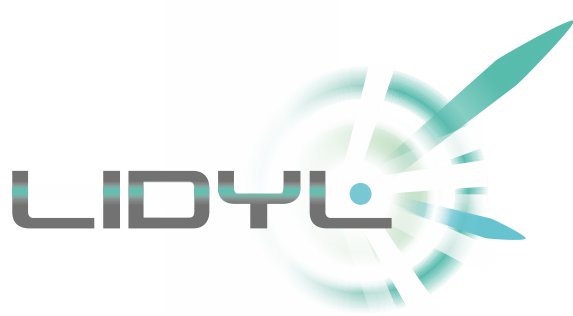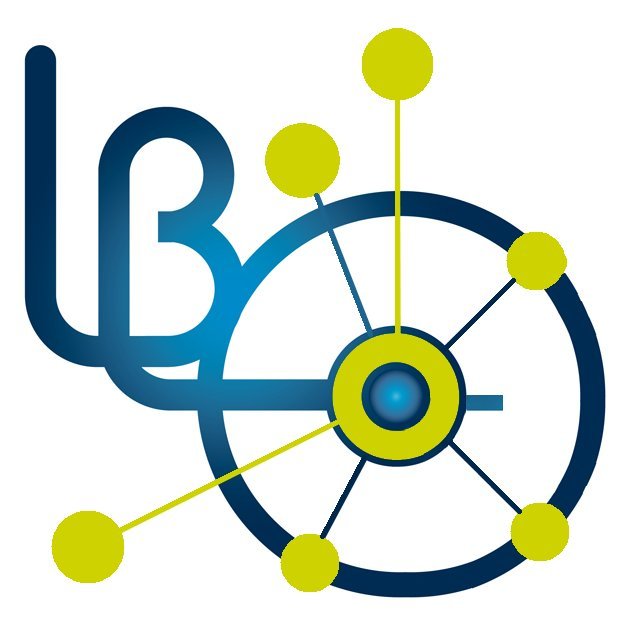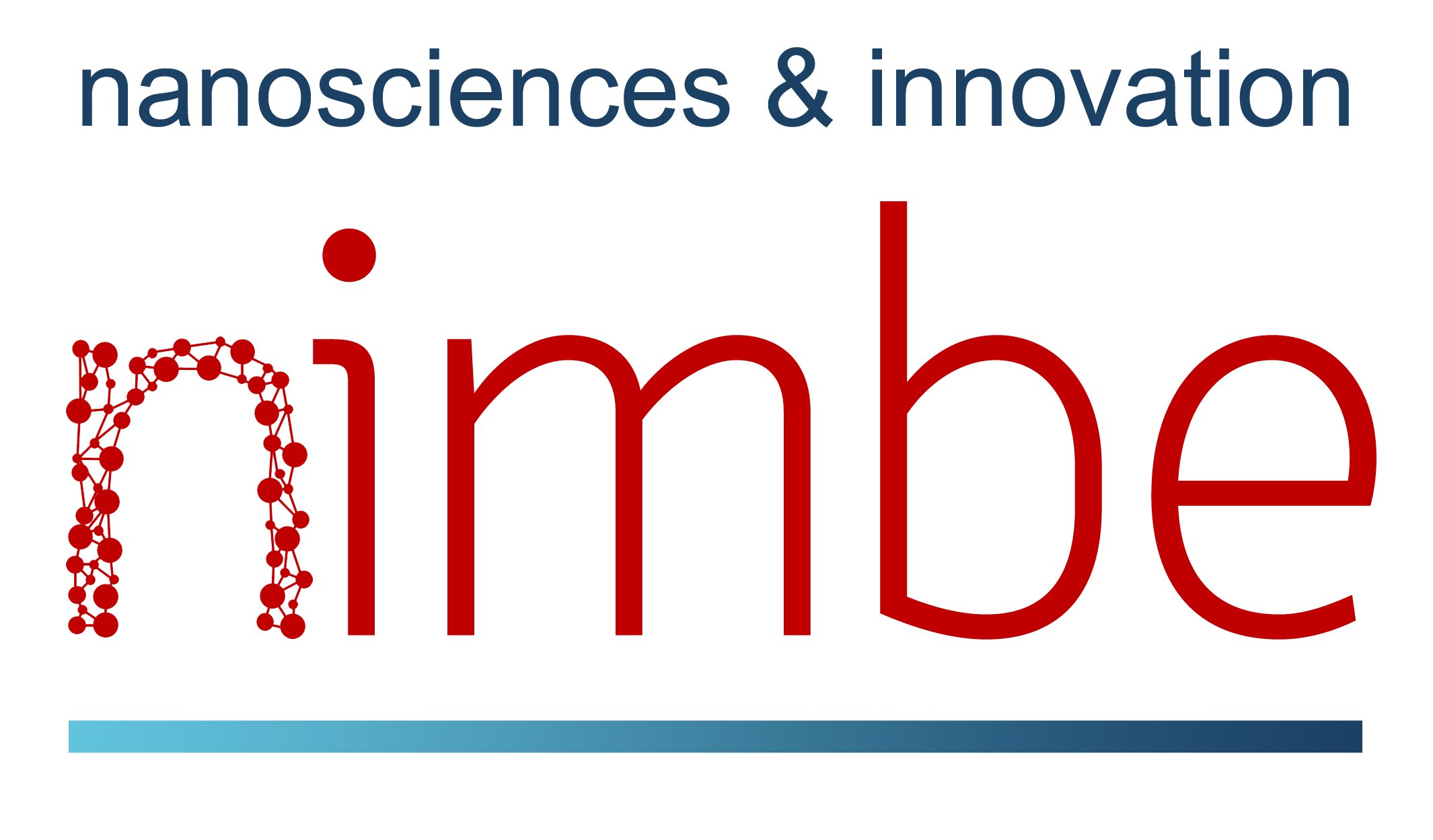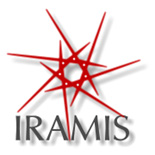The advantage of quantum processors draws from the complexity of highly entangled quantum states which make them hard to simulate on classical computers. However, one of the key barriers in the way of viable quantum processors is decoherence which occurs because real quantum systems are rarely fully isolated, and are in a sense continuously monitored by degrees of freedom beyond our control. Surprisingly, recent findings show that quantum states can remain highly entangled, as long as the measurements occur below a certain rate. Entanglement can even be enhanced by simultaneously measuring physical operators that do not commute. This procedure can also be used to dynamically tailor complex quantum states which can be potentially useful for quantum error correction.
To demonstrate these ideas I consider the case of non-interacting electrons subjected to repeated measurements of non-commuting observables. I will discuss how the dynamics changes when the coupling to the measurement apparatus becomes progressively weaker, and the effect of retaining only a predetermined set of measurement outcomes (i.e. post-selection).
Understanding how to protect quantum information in an open quantum setting is key for designing quantum simulators.
From a more general perspective, this work illustrates how monitored quantum systems offer a new setting to explore quantum many-body physics away from equilibrium.
Coffee and pastries will be served in the hall at 11h











